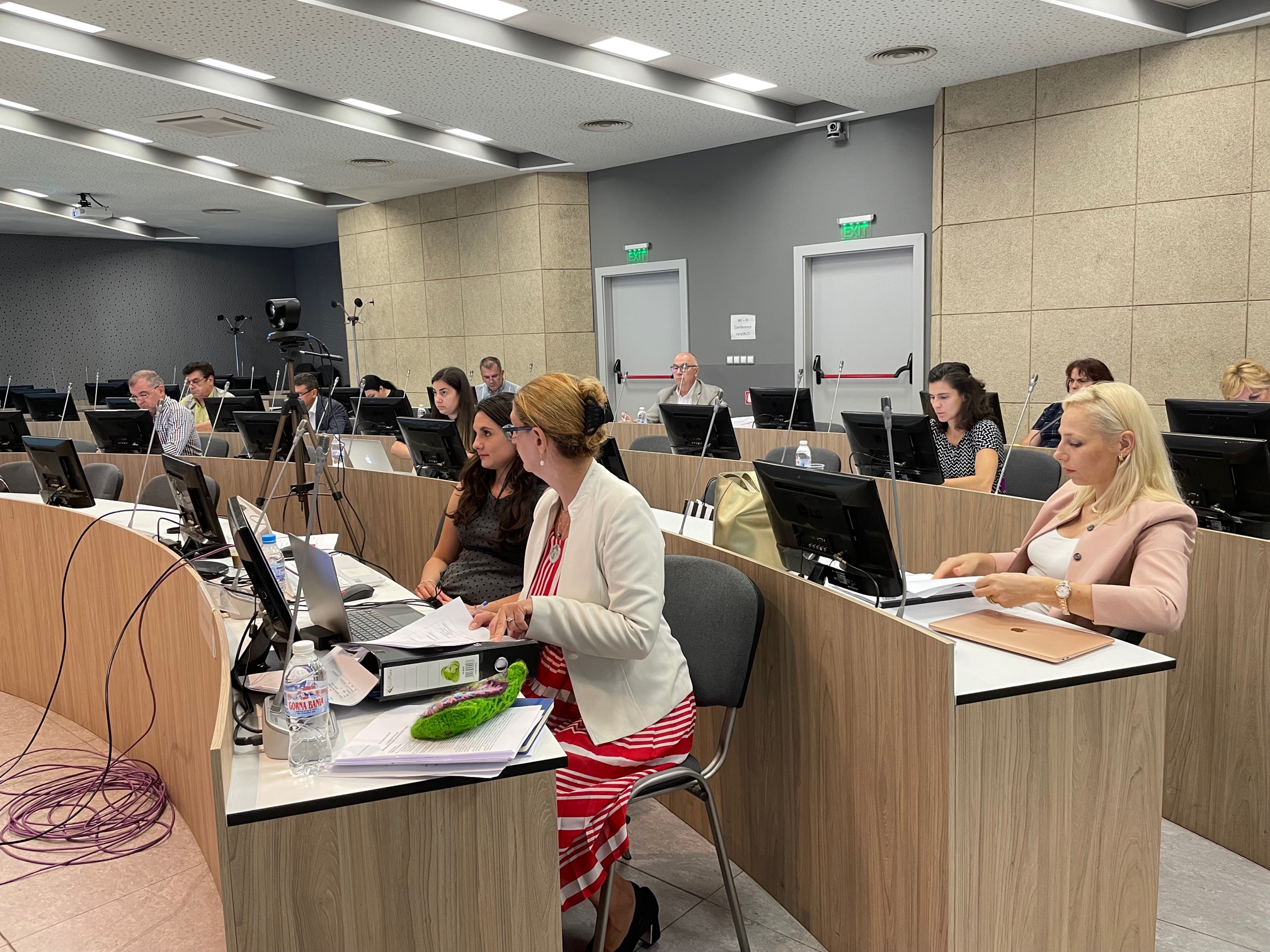ESC ADOPTS A POSITION ON THE PLAN FOR THE INTRODUCTION OF THE EUROPEAN PILLAR OF SOCIAL RIGHTS
ESC's position on "The European Action Plan for the implementation of the European Pillar of Social Rights" is developed on its initiative and reflects the main recommendations of the Council to the Bulgarian institutions.
The European Commission's (EC) Action Plan aims to get at least 78% of people between the ages of 20 and 64 on the labour market by 2030, and at least 60% of all people of working age in training, to reduce the number of people at risk of poverty or social exclusion by at least 15 million people.
ESC assesses the importance of the EC Action Plan for the European Pillar of Social Rights (ECSC) and the opportunity to develop three crucial areas - employment, skills and social protection, which have acquired new dimensions due to the Covid pandemic 19.
The Council notes that the document focuses on a limited number of objectives and considers it necessary to have more specificity in Member States' national ECA plans and cooperate with the social partners and other societal organizations. They should formulate specific national goals, objectives, criteria for progress under the 20 principles of the ECtHR, and intermediate ones by 2025. The goals, objectives and criteria should be according to the national priorities and commitments under the National Reform Program, the National recovery and sustainability plan, and the European Semester.
Despite the decrease of 210 thousand people (compared to the pre-crisis level in 2019), the Bulgarian demographic trend points out that we will be able to realize 78% Kz and set the national target even higher -80-81% if we maintain the current number of employees (3014.7 thousand for 2020). ESC believes that the national policymakers should take this feature into account in developing measures and policies regardless of the ongoing shortages in the labour market being the most significant risk factor for recovery and achieving qualitatively new growth. Therefore, ESC believes that the measures and policies to improve the employment rate and reduce unemployment, the national ECHR plan should focus on creating new jobs, matching the market needs, the parallel development and application of evaluation criteria quality of employment.
ESC defines the second goal of the European Plan as quite ambitious and likely feasible at the EU level, including the two additional indicators - at least 80% of the population aged 16-74 with essential digital skills and reducing the share of early school leavers. Furthermore, ESC finds that the target scenario for the EU would be realistic by doubling the current rate of increase to 2030, but for Bulgaria, the data are pessimistic, and it is good to set real and achievable goals.
ESC recognizes that increasing education, skills and employment play an essential role in reducing poverty, but there is no automatism in this dependence. Based on poverty, the statistical indicator is strongly correlated with income inequality, and it is clear that solid differentiation leads to high levels of monetary poverty and vice versa, weak differentiation - to low levels of poverty. At the same time, the level of economic development does not play a role here - both strong, and more fragile economies fall into both groups. In this regard, ESC expresses fears that Bulgaria may become a paradox and might lead the European race. Even while maintaining the current high level of monetary poverty - 22.6%, the net effect of population decline by 2030 will reduce poor Bulgarians by 93,717 people. ESC points out that they cannot achieve measures to increase income even purely statistically. Therefore, the emphasis should be on efforts in the field of taxation and redistribution.
The ESC position will be available to all interested institutions and organizations.






